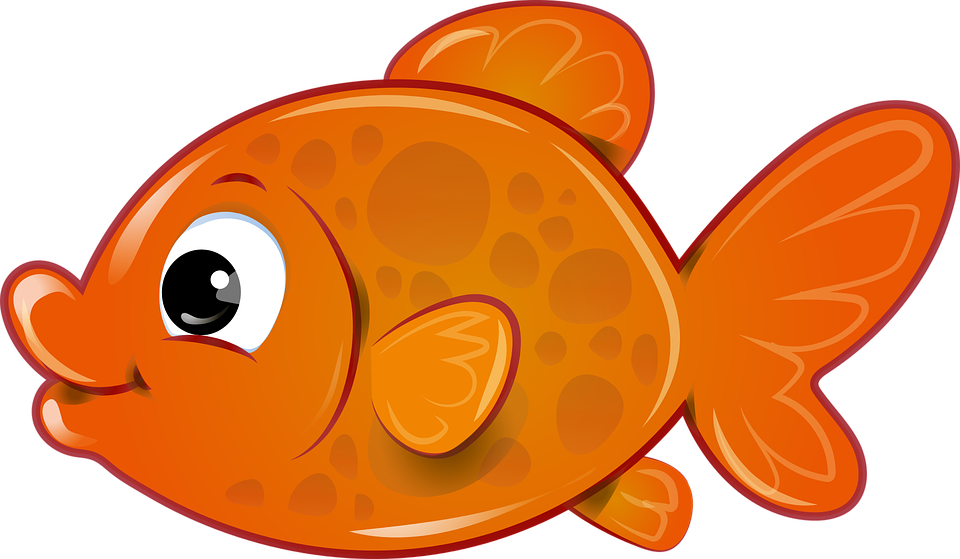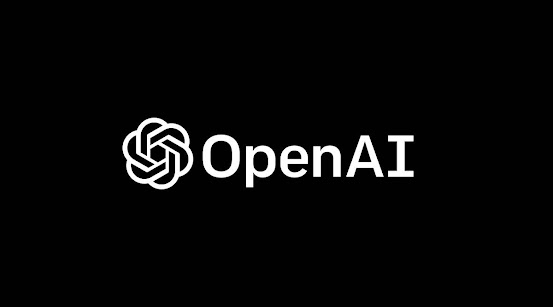How to Solve Goldfish Memory Problem in GPT-3 ChatBot?
The "goldfish memory" problem in GPT-3 chatbots refers to the chatbot's inability to remember previous interactions with users. This can make it difficult for the chatbot to provide personalized or contextually relevant responses, as it is not able to recall information from previous interactions.
One way to solve goldfish memory problem is to implement a long-term memory component in the chatbot. This can be done by storing information from previous interactions in a database or a data structure, and then retrieving it when necessary. For example, the chatbot could store information about a user's preferences or previous queries, and use this information to provide more personalized or contextually relevant responses.
Another way to solve goldfish memory problem is to use external sources of information. This can include accessing external databases or APIs to retrieve information and answer user's queries. For example, the chatbot could access a weather API to provide current weather information or access a database of news articles to provide information on a specific topic.
Additionally, it's also possible to implement a context based approach. By using information from the current conversation and previous conversation, the chatbot can understand the context and respond accordingly. This can be done by using a combination of natural language understanding and machine learning techniques to analyze the conversation and extract important information.
It's important to note that all of these solutions require a significant amount of development effort and ongoing maintenance, and there is no one-size-fits-all solution that will work for every chatbot. The best approach will depend on the specific requirements of your chatbot and the resources available to you.




Comments
Post a Comment